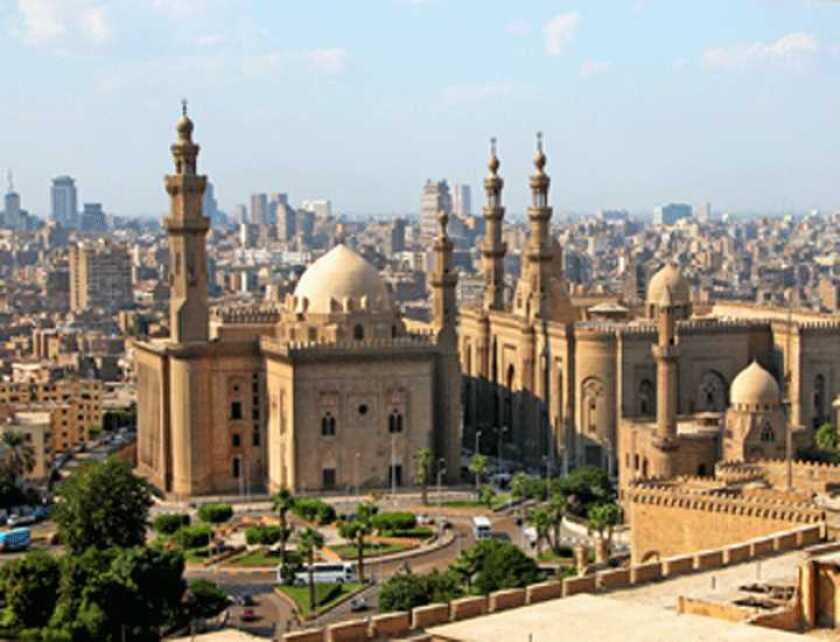Together, Vodafone Egypt, Etisalat Misr and Telecom Egypt spent US$1.2 billion on additional spectrum.
Vodafone Egypt acquired 40 MHz of 2.6 GHz TDD spectrum to allow it to “significantly expand network capacity”.
It is the first time Vodafone Egypt has purchased spectrum in the 2.6 GHz TDD band. The acquisition adds to the operator’s existing portfolio, which spans the 900MHz, 1800MHz, and 2.1 GHz ranges (see table).
The operator will pay $540 million over the coming three years. This is split over an initial payment of $270 million, followed by two instalments of $135 million each, in 2021 and 2022.
Etisalat Misr secured two 10 MHz blocks in the 2.6 GHz band for $325 million, while Telecom Egypt – which this week announced construction of Egypt’s largest data centre – had its 17 September offer for additional spectrum accepted.
Under this application, the operator will gain 20 MHz of spectrum for 10 years in the 2.6 GHz band, using TDD technology, for $305 million. Of this, 50% will be paid in US dollars upon signing the contracts and the remaining 50% will be paid in two equal instalments: one before November 2021 and a second “within two years” from this week.
The allocations will help Egypt to meet growing demand for reliable, high quality voice and data services, which have come under increased pressure over the course of the Covid-19 pandemic.
In its latest market report, OpenSignal said the mobile network experience in Egypt is “improving overall”, although service disparities remain between operators and geographies.
Published in Q1, it was the first such report to evaluate 4G coverage in Egypt, on which Vodafone took the lead, followed by Etisalat.
Vodafone also came out on top in the voice experience category for the Central Egypt and Nile Delta regions, and shared first place with Etisalat in Eastern Egypt. OpenSignal noted “stiff competition in this category”, with users experiencing poor to acceptable voice experience across operators in these regions.
On the device side, Egypt's smartphone market grew 2.2% quarter on quarter (QoQ) in Q2, reaching 2.88 million unit sales.
These figures, published by IDC, confirmed that Egypt’s market bucked regional trends, with Covid having less of an impact on handset sales than elsewhere. Most markets in the Middle East and Africa suffered declines during the quarter. Samsung was the market leader in Q2 2020 with 23.8% unit share, followed by Oppo in second place and Xiaomi in third.
IDC’s analysis on this read: “This growth was spurred by vendors focusing on pushing affordable phones into the market, while vendors also accelerated their shipments before new import taxes were introduced at the end of June.”
Taher Abdel Hameed, a senior research analyst at IDC, added: “Consumers were opting for more affordable phones due to tighter budgets, while vendors supplied affordable models with higher specs to cope with challenging sales conditions during the pandemic.”





